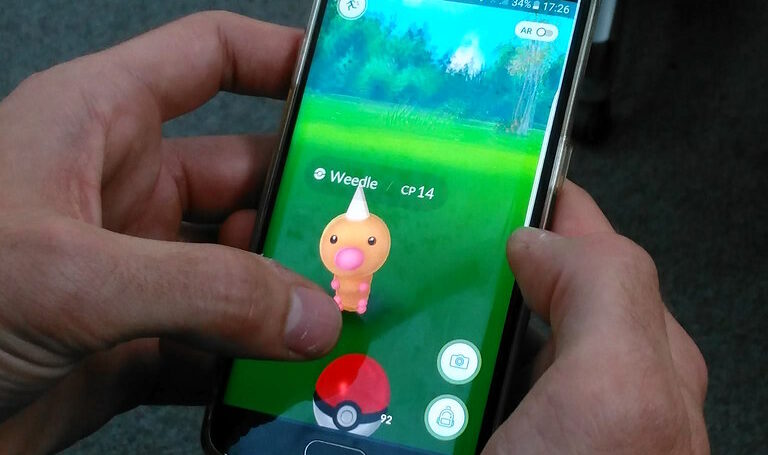
Management Lessons From My Smart Phone
I want an explosion! Not in real life of course. On my handheld in a video game. It makes me smile when like items line up and explode, disintegrate and fly off the page. Then the cartoon power graphics virtually pat me on the back: Well Done! Great Job! You Win!
It doesn’t matter if I am playing Spades, Cookie Jam, Charm King, Two Dots or Sniper. Three of a kind is good, four even better and five will give me a slice of rainbow cake. I love rainbow cake.
And then what was working for me starts working against me. If I get four of a kind, I miss the one piece that is hard to get. I try harder. I have to think if I should sacrifice that one play for a longer term goal. And then I see it, my pattern. I take that bait every time. I can’t sit on it or wait. Patience is not one of my virtues.
This is where the applicability of video game strategy dovetails with my habits as a C-suite manager. Let’s take a lesson from employers who hire athletes. Read this article in INC.com to why kids who play sports do better in life.
Consequently, I would like to make the argument that since athleticism is directly correlated to high work performance, those of us who are mental athletes also qualify as fierce competitors. By extension, it follows that causal gamers also fall firmly into the camp that competition makes you more successful at work:
Even though this is a “tongue and cheek” analysis, you will recognize many truths:
1. Persevere
Experience counts. The ability to work through pain and discomfort and go the distance is the goal. For example, when the lights are green and there are no pot holes, everyone is a good driver. On the other hand, when the trees are down and it’s raining and slick that’s when we can tell the amateurs from the professionals. Then, the game turns south, but you keep going, because you know there will be a turning point. It will work. You will make it happen.
2. Excel at Time Management
Gaming can be a vortex. However, it can also calm and free you to get going. Therefore, use your game time to sharpen your focus and increase your adrenaline levels to concentrate and get right to work. Get done what needs to get done.
3. Learn from Failures
I am a slow learner. I don’t always catch on right away. One of the biggest lessons I have learned from my games is that sometimes the action happens away from the action. I fail if I stay right in the thick of it. Right in the middle. When I step aside and look at the whole picture, not just the action, the picture changes and I get a much broader view. When I fail, I need to make my view bigger not smaller.
4. Know the Rules of the Game
Know the rules to bend the rules. Use the rules to your advantage. As a result you will have power-up options and intuitively them as necessary. Use accountability as an asset to benefit your end goal.
5. Use Your Weakness
You can handle criticism. You can pivot and know how to work around areas that trip you up every time. Recognize the pattern and change it.
What’s Next:
Learn the lessons. Look around you. Sacrifice the short-term, “4 in a row” win for a long-time strategic victory that explodes your success.
